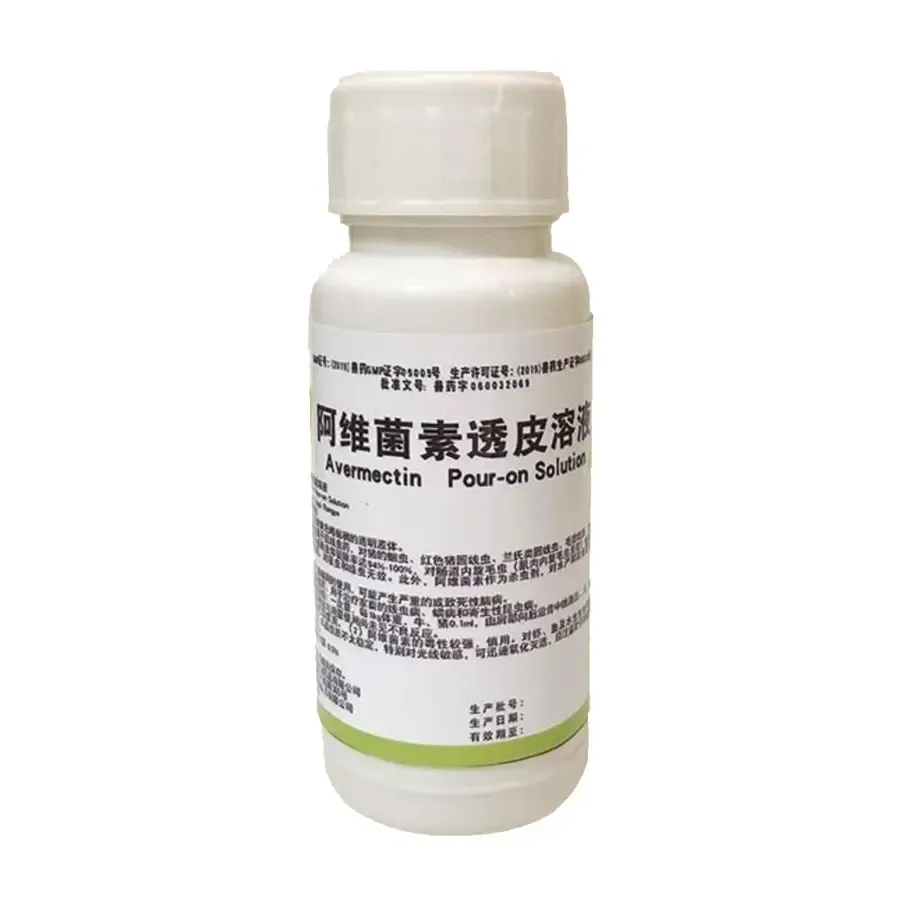- Afrikaans
- Albanian
- Amharic
- Arabic
- Armenian
- Azerbaijani
- Basque
- Belarusian
- Bengali
- Bosnian
- Bulgarian
- Catalan
- Cebuano
- Corsican
- Croatian
- Czech
- Danish
- Dutch
- English
- Esperanto
- Estonian
- Finnish
- French
- Frisian
- Galician
- Georgian
- German
- Greek
- Gujarati
- Haitian Creole
- hausa
- hawaiian
- Hebrew
- Hindi
- Miao
- Hungarian
- Icelandic
- igbo
- Indonesian
- irish
- Italian
- Japanese
- Javanese
- Kannada
- kazakh
- Khmer
- Rwandese
- Korean
- Kurdish
- Kyrgyz
- Lao
- Latin
- Latvian
- Lithuanian
- Luxembourgish
- Macedonian
- Malgashi
- Malay
- Malayalam
- Maltese
- Maori
- Marathi
- Mongolian
- Myanmar
- Nepali
- Norwegian
- Norwegian
- Occitan
- Pashto
- Persian
- Polish
- Portuguese
- Punjabi
- Romanian
- Russian
- Samoan
- Scottish Gaelic
- Serbian
- Sesotho
- Shona
- Sindhi
- Sinhala
- Slovak
- Slovenian
- Somali
- Spanish
- Sundanese
- Swahili
- Swedish
- Tagalog
- Tajik
- Tamil
- Tatar
- Telugu
- Thai
- Turkish
- Turkmen
- Ukrainian
- Urdu
- Uighur
- Uzbek
- Vietnamese
- Welsh
- Bantu
- Yiddish
- Yoruba
- Zulu
វិច្ឆិកា . 11, 2024 22:21 Back to list
amoxicillin clavulanate injection
Amoxicillin-Clavulanate Injection A Comprehensive Overview
Amoxicillin-clavulanate, commonly known by its trade name Augmentin, is a potent combination antibiotic that collaborates two essential components amoxicillin, a broad-spectrum penicillin antibiotic, and clavulanate potassium, a β-lactamase inhibitor. This combination enhances the efficacy of amoxicillin against a range of bacterial infections that would be otherwise resistant due to β-lactamase production. Often provided in injectable form, amoxicillin-clavulanate is widely utilized in various medical settings, particularly where rapid action is necessary and oral administration is not feasible.
Mechanism of Action
Amoxicillin functions by inhibiting bacterial cell wall synthesis, which is crucial for maintaining cell integrity. By binding to specific penicillin-binding proteins (PBPs) located on the bacterial cell wall, amoxicillin disrupts the final stages of peptidoglycan synthesis, leading to cell lysis and death. However, many bacteria have developed resistance mechanisms, primarily through the production of β-lactamase enzymes, which can inactivate amoxicillin before it exerts its antimicrobial effects.
This is where clavulanate comes into play. By irreversibly binding to the active sites of β-lactamases, clavulanate protects amoxicillin from degradation, allowing it to remain effective against a broader spectrum of bacteria. This synergy between amoxicillin and clavulanate makes this combination especially useful in treating infections caused by secondary pathogens that express resistance mechanisms.
Indications
Amoxicillin-clavulanate injection is indicated for the treatment of various infections caused by susceptible organisms, including
2. Skin and Soft Tissue Infections It is effective against skin infections such as cellulitis and abscesses that are caused by resistant strains.
3. Urinary Tract Infections The combination is useful for treating complicated UTIs, particularly when gastrointestinal flora are involved.
amoxicillin clavulanate injection

4. Intra-abdominal Infections The dual action of this medication is vital for treating infections like diverticulitis or peritonitis caused by polymicrobial organisms.
5. Bone and Joint Infections In cases such as osteomyelitis, with resistant organisms involved, this injectable formulation proves beneficial.
Dosage and Administration
The dosing regimen for amoxicillin-clavulanate varies based on the type and severity of the infection, as well as the patient's age and renal function. For adults, the standard dose may range from 1.2 g to 2.4 g every eight hours, while pediatric dosing is typically calculated based on weight. The injection can be administered intravenously or intramuscularly, making it suitable for hospital settings where immediate treatment is required.
Side Effects and Considerations
As with any medication, amoxicillin-clavulanate can cause side effects. Common adverse reactions include gastrointestinal symptoms such as nausea, vomiting, diarrhea, and abdominal discomfort. Allergic reactions, ranging from rash to anaphylaxis, are also a possibility, particularly in patients with a known penicillin allergy. Liver function tests should be monitored in patients receiving prolonged treatment, as elevated liver enzymes may occur.
Healthcare providers must carefully assess each patient's history and current medications to avoid interactions. For instance, the concurrent use of allopurinol may increase the risk of skin rashes. Moreover, caution is recommended for patients with a history of liver dysfunction, as the drug's metabolism can be affected.
Conclusion
Amoxicillin-clavulanate injection represents a crucial tool in the arsenal against bacterial infections, particularly in hospital settings where rapid intervention is critical. Its dual-action mechanism allows for efficacious treatment of infections caused by resistant bacteria. As always, safe and effective use relies on medical professionals thoroughly understanding the pharmacological profiles, indications, and potential side effects associated with this important antibiotic combination.
-
Guide to Oxytetracycline Injection
NewsMar.27,2025
-
Guide to Colistin Sulphate
NewsMar.27,2025
-
Gentamicin Sulfate: Uses, Price, And Key Information
NewsMar.27,2025
-
Enrofloxacin Injection: Uses, Price, And Supplier Information
NewsMar.27,2025
-
Dexamethasone Sodium Phosphate Injection: Uses, Price, And Key Information
NewsMar.27,2025
-
Albendazole Tablet: Uses, Dosage, Cost, And Key Information
NewsMar.27,2025













